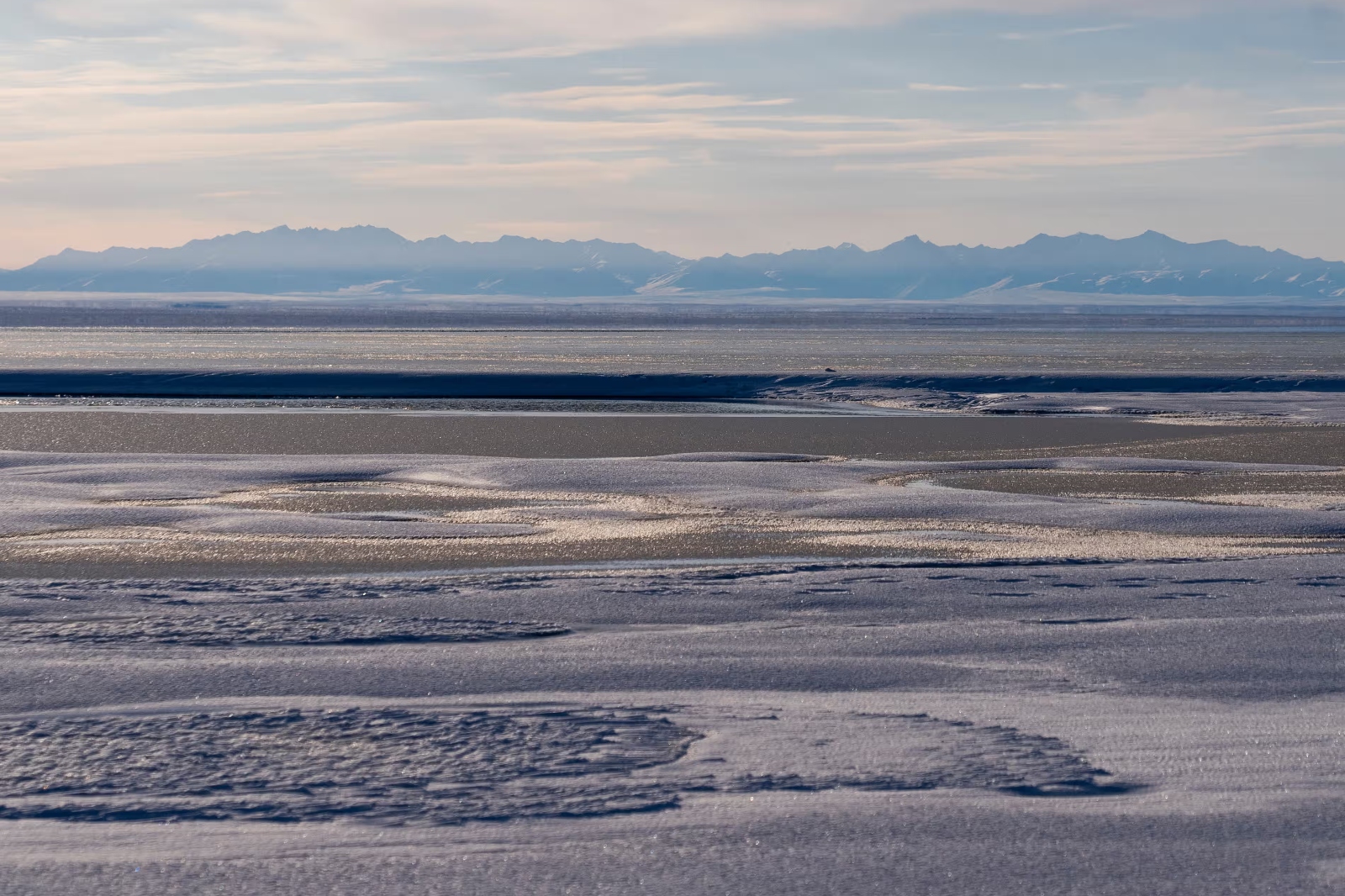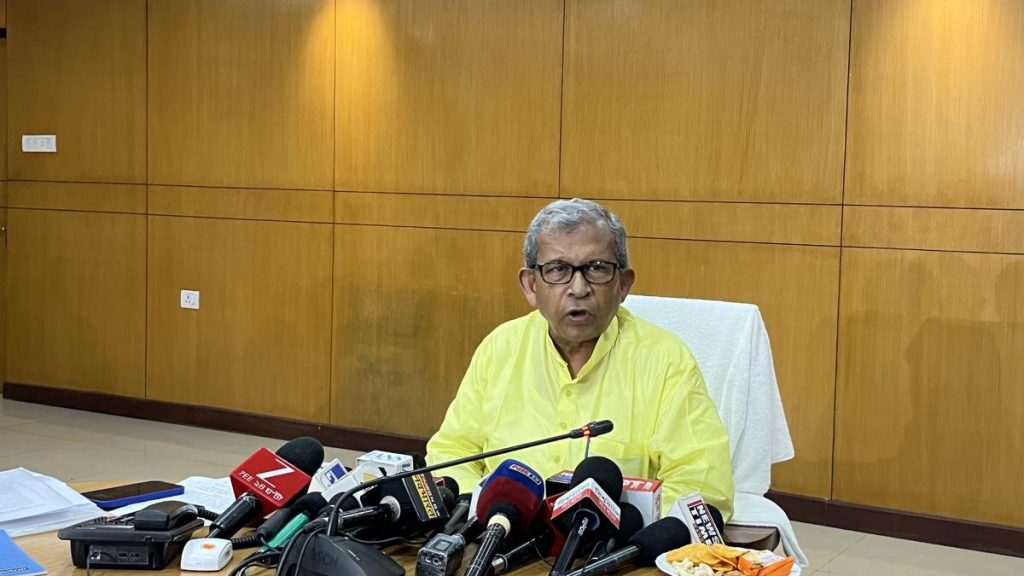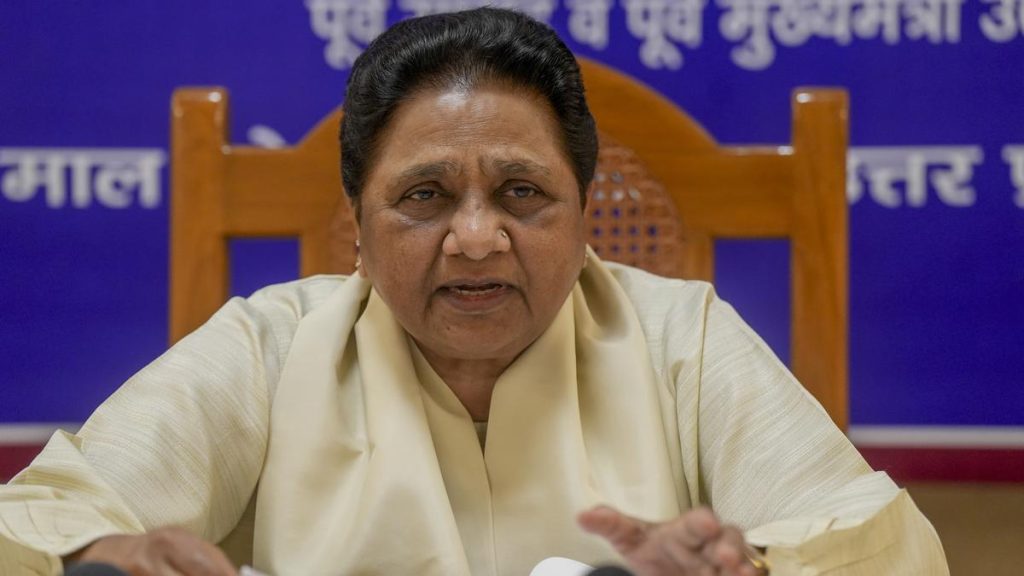Now Reading: Trump Administration Opens Vast Alaska Lands for Drilling and Mining
-
01
Trump Administration Opens Vast Alaska Lands for Drilling and Mining
Trump Administration Opens Vast Alaska Lands for Drilling and Mining

Swift Summary
- Millions of acres in Alaska are set to lose federal protections following the Trump administration’s move to prioritize energy production over conservation.
- Interior Secretary Doug Burgum announced the reversal of a December Biden-era order that banned drilling in the 23-million-acre national Petroleum Reserve-Alaska (NPR-A).
- NPR-A is the largest public land area in the U.S. and has been historically designated for military fuel reserve, later opened for commercial progress under conservation mandates.
- This decision aligns with Donald Trump’s declaration of a “national energy emergency” and his campaign aimed at increasing fossil fuel extraction.
- Environmental groups criticized this move, highlighting threats to wildlife, subsistence resources relied on by Indigenous communities, and climate stability. kristen Miller of Alaska Wilderness League called it an attempt to prioritize industry over ecological significance.
- A January lease auction authorized during Trump’s first presidency for drilling in Alaska’s Arctic National Wildlife Refuge failed to find bidders despite its strategic importance.
!offshore oil drilling rig floats in Gulf of mexico
Indian Opinion Analysis
the decision by the U.S. administration raises questions about balancing resource exploitation with environmental and cultural preservation amid global climate concerns.For India, as an emerging energy consumer grappling with renewable transition challenges, this development underscores broader international energy sector priorities shifting back toward traditional fossil fuels despite ecological risks.
Alaska’s vast resources may contribute marginally to global supply chains but could make oil cheaper overall-something beneficial for importing nations like India that rely on foreign crude.However, environmental degradation remains a stark warning; similar scenarios hold lessons for India’s Arctic Circle research programs or Himalayan conservation efforts where resource extraction conflicts arise.India can observe how regulatory frameworks adapt inclusively-respecting Indigenous claims while addressing socio-economic benefits-to inform its own land-use policies.



























